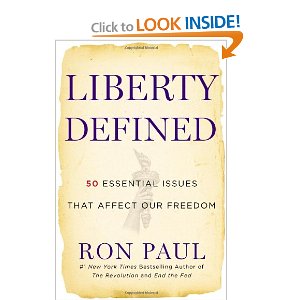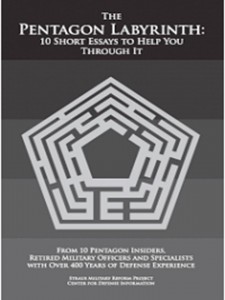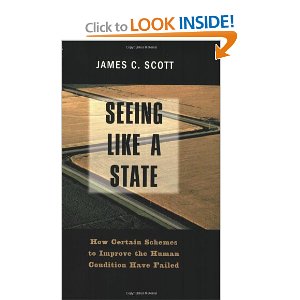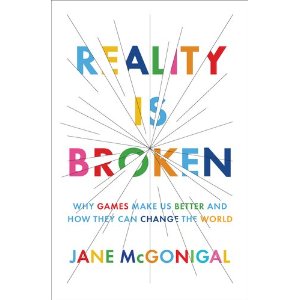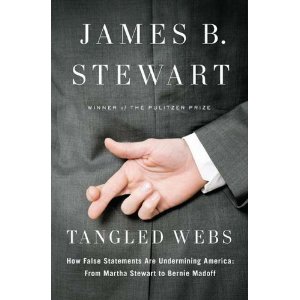
James B. Stewart
Product Description
Bestselling author James B. Stewart's newsbreaking investigation of our era's most high-profile perjurers, revealing the alarming extent of this national epidemic.
Our system of justice rests on a simple proposition: that witnesses will raise their hands and tell the truth. In Tangled Webs, James B. Stewart reveals in vivid detail the consequences of the perjury epidemic that has swept our country, undermining the very foundation of our courts.
With many prosecutors, investigators, and participants speaking for the first time, Tangled Webs goes behind the scene of the trials of media and homemaking entrepreneur Martha Stewart; top White House political adviser Lewis “Scooter” Libby; home-run king Barry Bonds; and Wall Street money manager Bernard Madoff.
Guest Review
(REAL NAME)
Lying seems epidemic in American society. Stewart focuses his superb writing skills on the general problem of perjury and lying under oath by highlighting the cases of four celebrated liars: Martha Stewart (no apparent relation to the author), Scooter Libby, Barry Bonds, and Bernie Madoff. For each of these, he asks the same question: “Why would people with so much to lose put so much at risk by lying under oath?” Ultimately, the answer becomes obvious: “They thought they could get away with it.”

